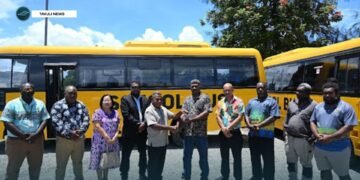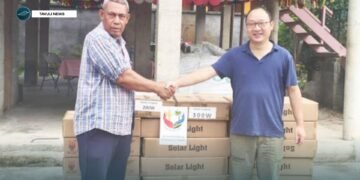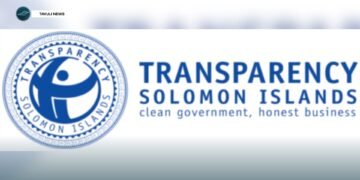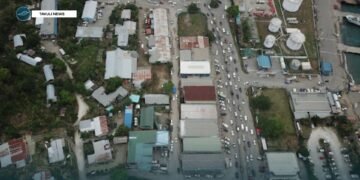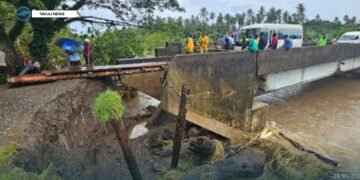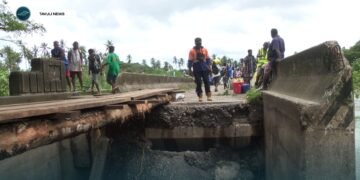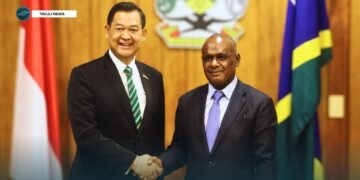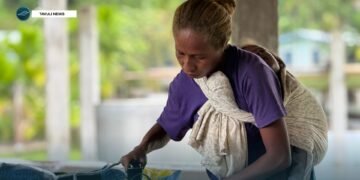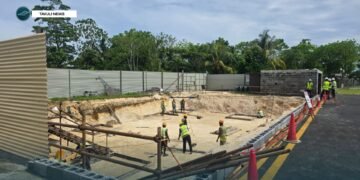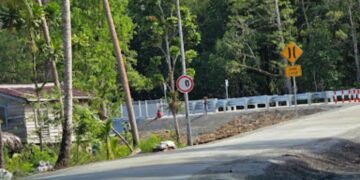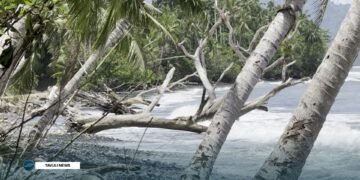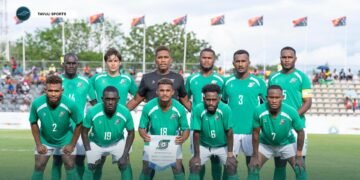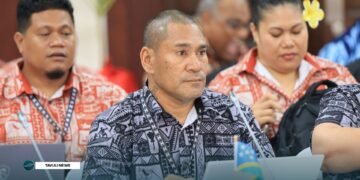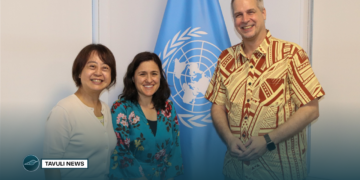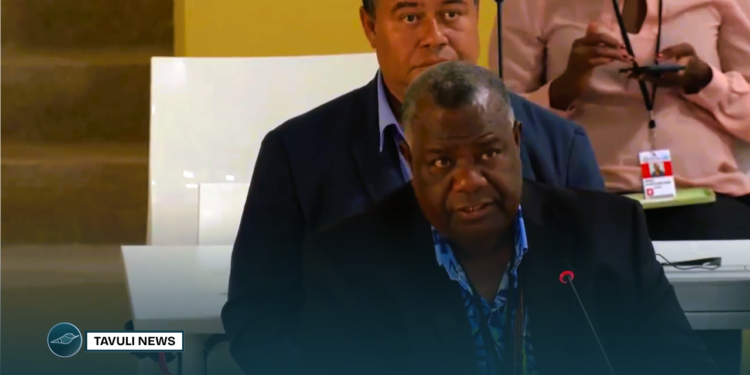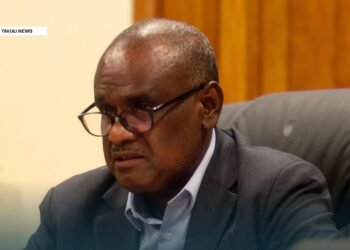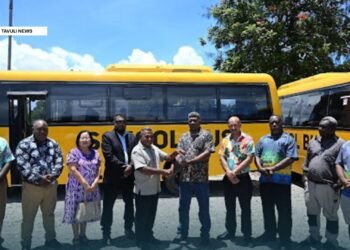Solomon Islands pledges stronger community partnerships, sustainable aquaculture, and climate-resilient ocean food systems at global panel.
The Solomon Islands has strengthened its pledge to develop sustainable ocean food systems as a pathway to reduce poverty and improve food security.
Speaking at the Ocean Action Panel in Nice, Minister for Fisheries and Marine Resources Hon. Bradley Tovosia emphasized that empowering local communities through Community-Based Resource Management (CBRM) remains the backbone of the nation’s coastal fisheries governance.
“Community-based fisheries management partnerships must be strengthened to empower our local communities to protect and sustainably manage their own resources. Supported by national policies, CBRM remains central to our approach,” Tovosia said.
He called for partnerships tailored to the needs of Small Island Developing States (SIDS) to tackle challenges like climate change, illegal fishing, and data limitations.
“We need partnerships that add value and strengthen CBRM. Learning from past lessons is critical to building a resilient blue food security system,” he added.
The Solomon Islands also highlighted its focus on sustainable aquaculture, particularly seaweed and tilapia farming, and urged greater investment in climate-smart, resilient infrastructure.
Minister Tovosia underlined the role of science and modern data collection in supporting climate-resilient fisheries management, along with integrating ecosystem-based approaches into national climate plans.
He stressed that protecting rural communities from climate change impacts and natural disasters must be part of any ocean food system strategy.
“The well-being of our people must be at the forefront, given the importance of ocean resources for food security, economic development, and livelihoods,” said Tovosia.
At the panel, the Solomon Islands also announced the Melanesian Ocean Reserve initiative, reinforcing its regional commitment to sustainable ocean governance.
Source: OPMC


